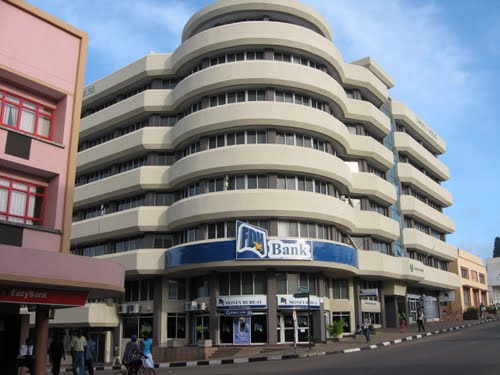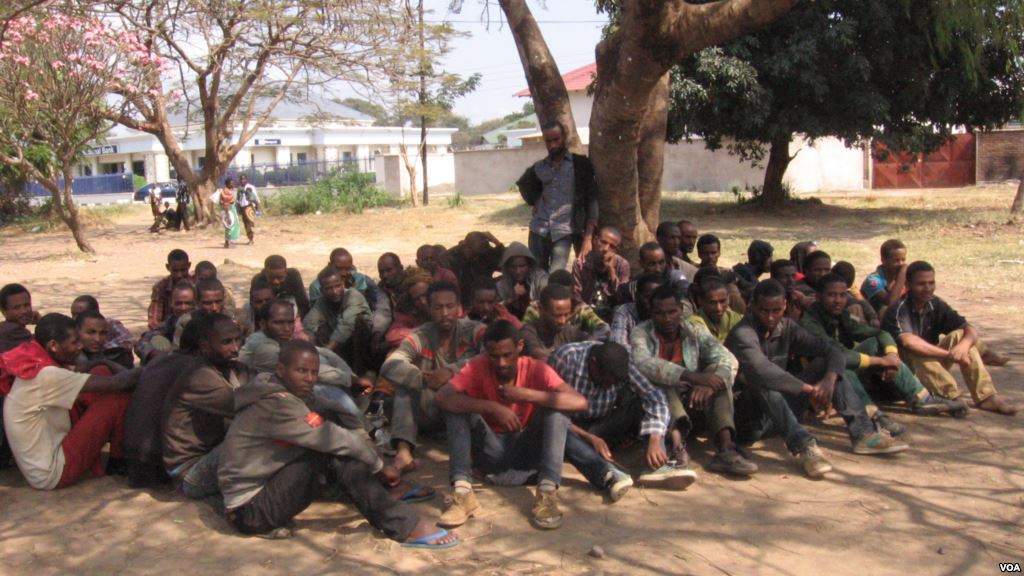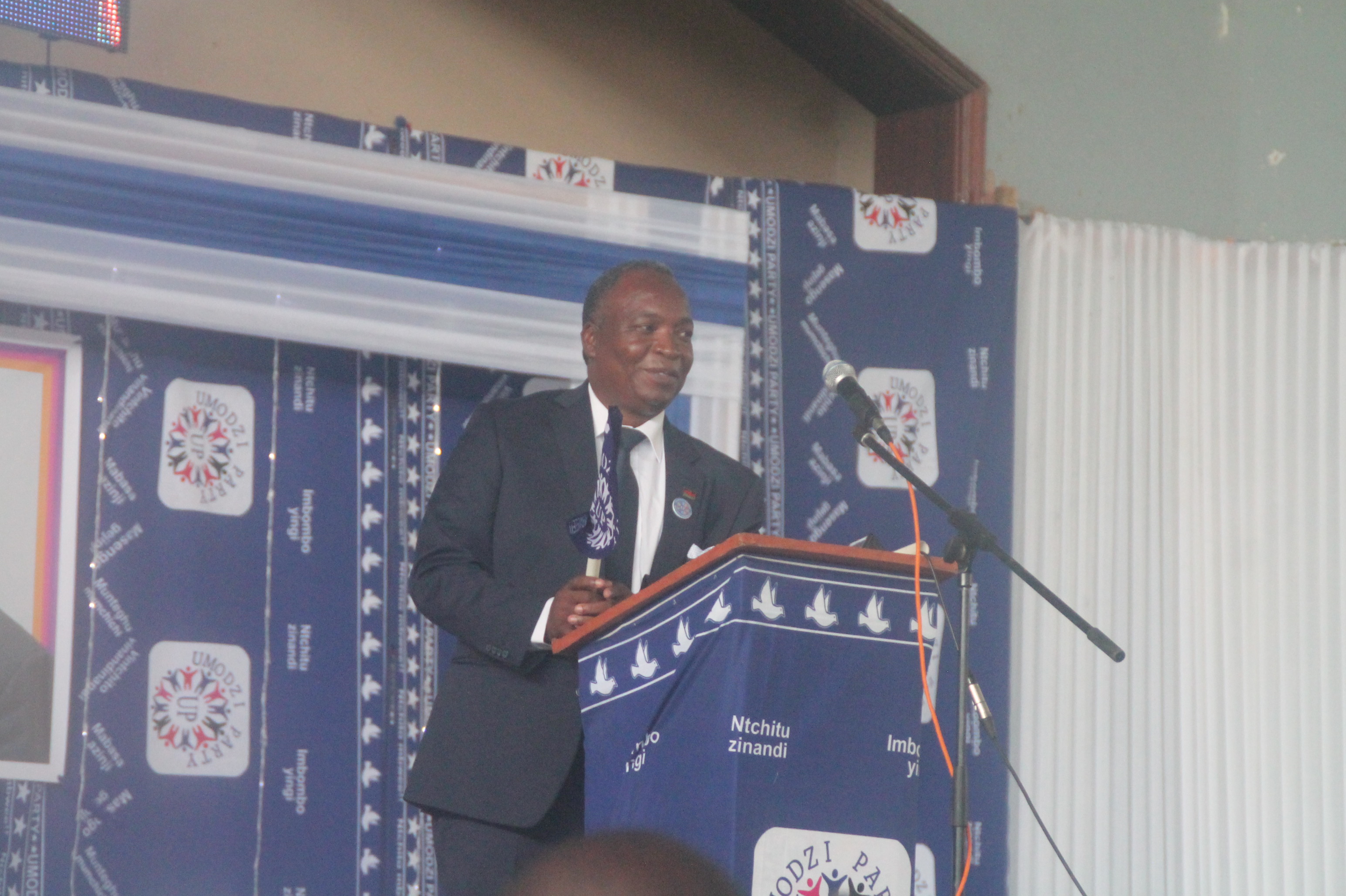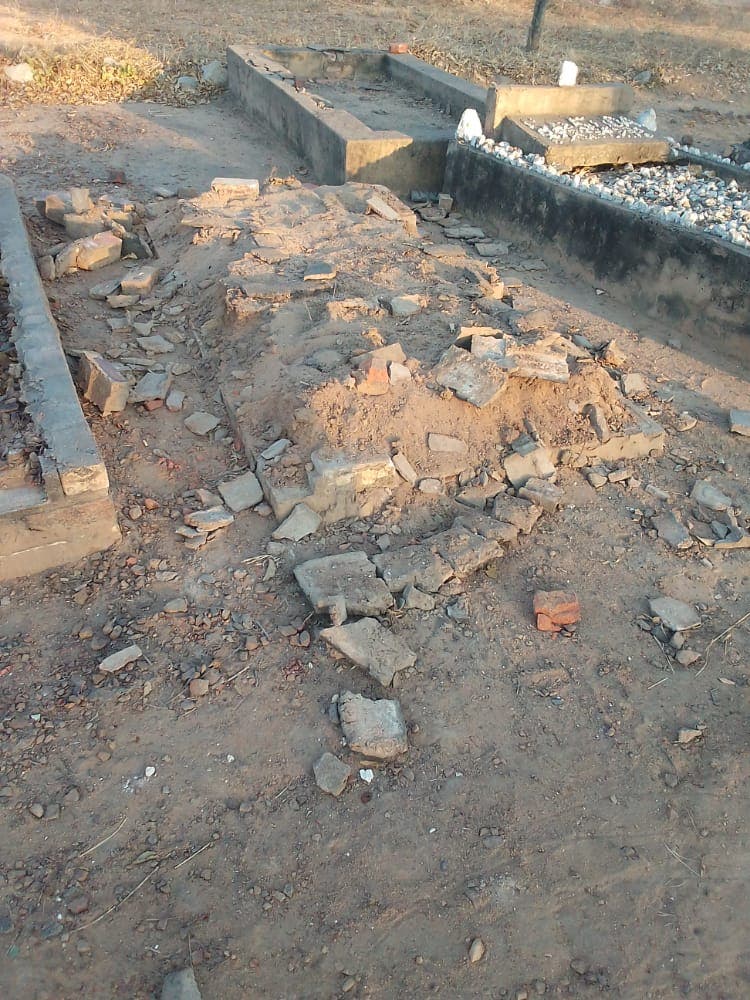The decision by the Bankers Association of Malawi (Bam) to ban cheque encashment payable to any person other than the account holder in all commercial banks has irked the Malawi Law Society (MLS), describing it as illegal.
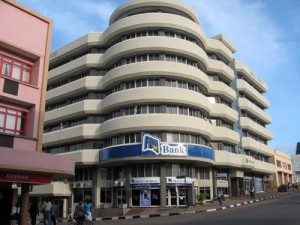
The MLS has since expressed intent to challenge the decision which came into effect on April 10, 2012 in a court of law.
“Our preliminary thoughts are that this ban is infringing on the law. Right now, it will be suffice to say we’re examining the matter after which we’ll make a proper application before the court challenging the ban,” said MLS president John Gift Mwakhwawa in an interview on Sunday.
MLS intention to challenge the ban comes after market commentators had also expressed dismay over the development.
“The issue here is that everyone will be forced to open a bank account with attendant charges. Forcing people to open a bank account seems out of place in this modern world.
“Surely, it will be immoral to charge the hefty clearing charges when in the past all you needed was proper identification for you to cash a cheque at no cost,” said financial market commentator Chikavu Nyirenda.
He suggested that the bank should consider abolishing cheque clearing charges failing which Bam should go back to the drawing board, saying there were other complexities to this issue.
But Bam Executive Director Lyness Nkungula in response said the move aims at protecting customers of the banks against fraud.
“We have to make it clear that banks have not banned issuing of third party cheques. All what the association is saying is that the cheque has to be scrutinised properly and cleared where applicable, before cash is released,” said Nkungula.
She said of late the banks and customer accounts have been hit by fraudsters and the major culprits of the fraud had been the customer’s accounts.
“All the accounts that have been targeted are for the customers, hence it is important to put in place these preventative measures. By depositing the cheques, the clearing system will detect any cheque that is deformed or irregularly drawn.
“Fraudulent cheques have been observed to involve alteration of cheque (physical paper), forged signatories and code-line manipulation. By depositing the cheques, it will allow the back office to authenticate all the security and verifiable features,” Nkungula explained.
She said customers are encouraged to deposit cheques in the morning so that by 2:30pm they are sent to the clearing house, after which customers should be able to access their funds.
“If your cheque is not cleared after these specified days then you have the right to complain to the branch manager of your service centre,” she said

